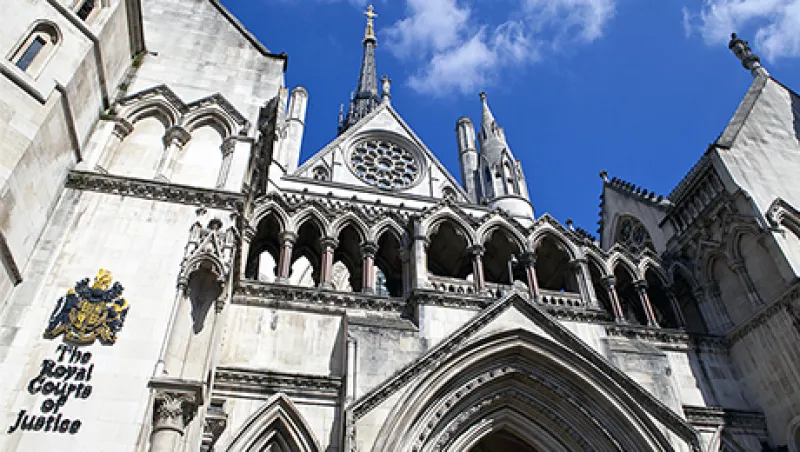
Collapsed Icelandic Bank Loses Legal Challenge over Trades
The bank says the ruling will reduce “expected recoveries” and will also result in additional expenses for the group, which is winding up.
Joe McGrath
March 21, 2017



